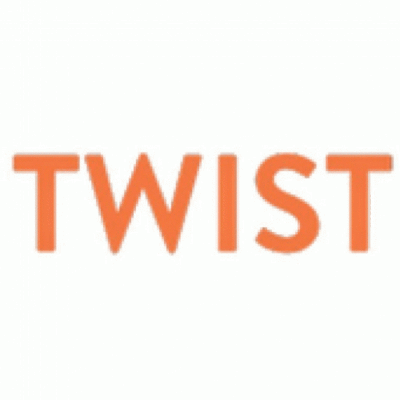

Team Working of 7 classes in Spain, Germany, Esthonia, Tunisia, Belgium, and Greece in Science/Technology on “micro:climate”. Our students will use microcontrollers (micro:bit/ arduino) to create simple weather stations, exchange data in a shared database and compare the findings among the partner schools. They will form a community of practice in basic concepts in coding and programming and also a team of inquire in environmental issues that have to do with the climate change and how this is related with the weather they observe and report. A freestyle part of our team work is dedicated on students' inspiration and collaboration to create projects that are driven by their motivation, their interest and their experience in the project.
AIMS
Our main aim is to motivate our students to work in their ICT curriculum and beyond the "abstract" coding approaches, to experience how their code is immediately implemented to hardware. This offers a unified approach to coding and helps students have a more realistic sense of what coding is.
Also a main aim of the project is a meaningful transdisciplinary approach of a “hot topic”: climate change.
In a nutshell, we will try our students to develop their ICT competences, critical thinking and creativity using microcontrollers in ICT classes and their collaborative competencies with the integration of eTwinning into regular curriculum courses
We hope that our students will be able to:
work effectively on basic Computer Science -programming- concepts while exploring the use of microcontrollers
create simple projects using microcontrollers according to their interests
conceive and use appropriately basic weather concepts
understand the difference between weather and climate
approach the concept of “climate change”
build weather stations based on microcontrollers
use spreadsheets to record and interpret meteorological data
develop their imagination and creativity by extra production that they will propose
EXPECTED RESULTS
A public twinspace with all the working process monitored and recorded and the final productions and findings embedded
A “gallery” of simple students’-guided projects using microcontrollers and coding
Weather stations and database with the readings from partner classes